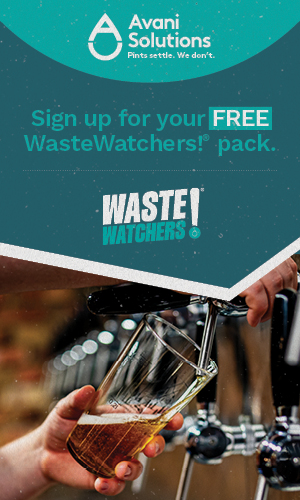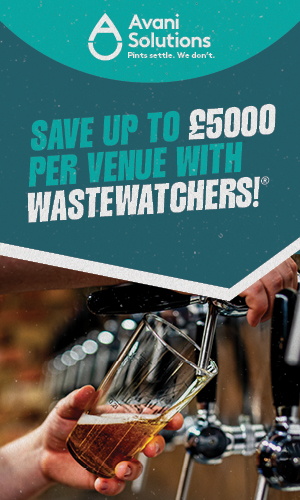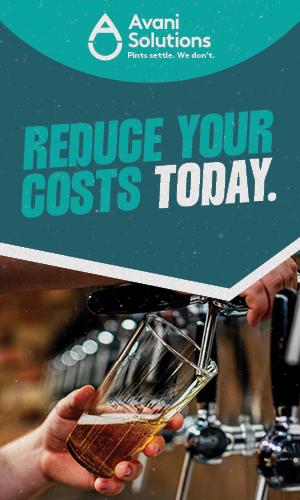Food businesses could be forced to use specific packaging materials in new plans being drafted by the Labour party, writes David Burrows.
The policy – under consideration as part of a new resources and waste strategy – would limit choice in order to reduce confusion among consumers and improve the quality of recycling streams.
“I don’t think labelling is actually going to break through,” said Sandy Martin, shadow minister for waste and recycling. “I don’t think we should make people think about which type of plastic [they have in their hands]. The only way to prevent confusion is through regulation.”
As part of its 2018 Resources and Waste Strategy in England the government is consulting on changes to on-pack labelling as well as simplification of household collection systems. This, it has said, will help drive up recycling.
However, speaking at the recent “The Future of Compostables in Packaging” conference, Martin highlighted the “large amounts” of non-compostable packaging ending up at composting and anaerobic digestion (AD) facilities, and raised concerns about the amount of compostables that are currently contaminating mixed recycling streams or ending up buried or burned rather than composted.
“In certain circumstances there is a very clear case for using compostables and therefore we have to make sure there are no non-compostables, and the only way to do that is to regulate,” Martin explained.
Under Labour’s plans the appropriateness of packaging would be based on whether it will actually be recycled or composted.
His proposals were welcomed by the Bio-Based and Biodegradable Industries Association (BBIA), which organised the conference. In its response to the government’s recent consultation on reform of extended producer responsibility, the BBIA called for mandatory use of compostables in a number of applications. This included tea bags, coffee pods, and sticky labels on fruit and vegetables.
In foodservice the BBIA called for condiment sauce sachets and pouches to be compostable, as well as plates, bowls, food containers, trays and dishes, napkins, sandwich boxes, bread and cake window bags, and hot and cold drinks cups and lids.
“If you want to try organic recycling you almost have to wipe the plastics out totally for that product, otherwise you are going to get terrible contamination by those plastics at the composting plant,” BBIA managing director David Newman told Footprint. “Personally, I think mandating is the only way for some products.”
Labour does not appear to have come up with its own list of compostable items as yet. In response to a question from Footprint at the event, Martin admitted his team had yet to go into the detail of how the new policy would work, or how material “appropriateness” would be measured.
Next year, a new law comes into force in France that states all disposable cups, cutlery and plates must be made from biologically sourced materials and designed to be compostable. This was originally challenged by the plastics industry under the EU rules on free movement of goods.
Compostable packaging has become increasingly popular in the UK as brands switch away from plastic that is derived from fossil fuels or is hard to recycle. Around 8,000 tonnes of compostables were placed on the market last year in the UK, but this could rocket to 138,000 tonnes, according to a recent report by Ricardo.
However, concerns remain regarding how much compostable packaging is actually composted (no figure is currently available). WRAP will soon publish its own research into the potential market for these materials. Speaking at the BBIA event, Helen Bird, resource management specialist at WRAP, said compostable teabags and fruit labels were “no-brainers”, but cups made with compostable liners are proving “problematic for recyclers”.
She also had concerns regarding infrastructure, with UK composting and AD plants “generally not set up to take compostable plastics from the kerbside” at the moment. There is therefore a question mark over whether compostables can work at scale. Bird said they need to meet the Ellen MacArthur Foundation’s definition, which says that “a packaging or packaging component is recyclable if its successful post-consumer collection, sorting, and recycling is proven to work in practice and at scale”.
The government will soon issue a call for evidence on the development of standards for bio-based and biodegradable products. Linda Crichton, part of DEFRA’s waste policy team, hinted that compostable packaging may well have to be both compostable and digestible in order to align with the UK’s AD infrastructure.
Last week, WRAP announced that members of its Plastics Pact have to eliminate a range of “problematic” or “unnecessary” plastics, including disposable plastic cutlery, plates and bowls – businesses will have to switch to reusables instead. Members have also been tasked with redesigning teabags so they are compostable, and further analysis will be undertaken regarding the benefits of compostable alternatives to coffee pods, single-serve pots and sachets, milk sticks, and milk and salad jiggers.
However, ClientEarth lawyer Tatiana Luján said dictating to businesses what materials they can and can’t use is misguided. “It sounds like a magic wand [but] if you want to build a circular economy you shouldn’t be throwing things in the trash. You may end up making things compostable that could be reusable.”








